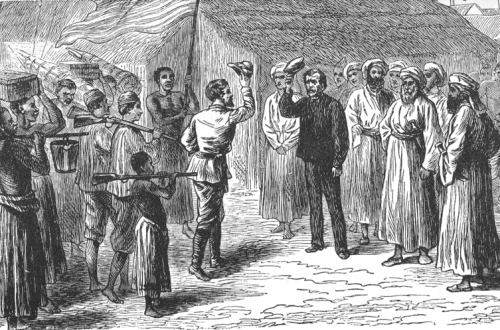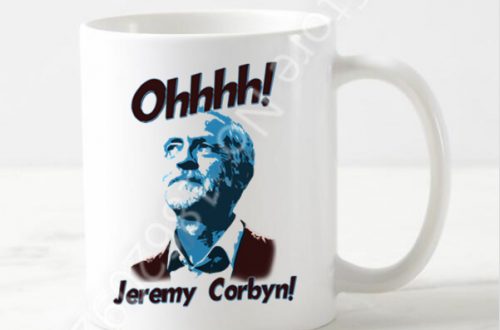If we all stand together
It will just be the start
More United is low on my worry list, but I can’t see myself signing up any time soon. It describes itself as a ‘tech driven political start up’. Everything of this sort is ‘tech driven’ these days – Momentum is the obvious example – and I’m not sure what the point is in using the language of business (‘start up’) to describe a political movement. This note of meaninglessness is carried over into its five principles.
A fair, modern, efficient market based economy that closes the gap between rich and poor and supports strong public services
A modern democracy that empowers citizens, rather than politicians
A green economy that protects the environment and works to reverse climate change
An open and tolerant society where diversity is celebrated in all its forms
A United Kingdom that welcomes immigration, international co-operation and a close relationship with the EU
Who would sign up for the precise reverse? As the blogger Bloonface points out
basically everyone who isn’t in Ukip or the SWP wants those things
But although these principles may seem very anodyne (no one wants an intolerant society which tries to accelerate climate change) they may still be questionable. Here are some brief comments on just two of the principles.
The second sounds positive – but what exactly does it mean. As Julian Baggini recently pointed out in the Guardian, there are tensions between populism and democracy. In fact, not surprisingly, it seems to be code for PR – which may lead to small parties, supported by few citizens, getting disproportionate leverage. I’d rather stick with representative parliamentary democracy.
The fourth principle also invites questions. Are there potential tensions between supporting diversity in ‘all its forms’ and being open and tolerant? How does one negotiate the rights and freedoms of individuals vis-à-vis those of groups?
Principles aside, there seem various practical problems with More United. Bloonface speculates that membership is incompatible with being a member of most political parties, and also points out that, even if you secure success for the approved More United candidate in your constituency, you may not have furthered your key goals:
Even if you sign up to More United, and it supports lots of candidates, and those candidates win, there is absolutely nothing binding those candidates to vote in line with More United’s principles. Political parties have whips. They can whip their MPs to vote in accordance to their party’s wishes and discipline or sanction them if they don’t. A pledge to a random organisation that isn’t the party you’re a member of the parliamentary party of is worth jack shit in the scheme of things. How is this going to achieve anything?
Phil tries to pin down the target market for More United.
The more interesting point is what MU represents, or thinks it represents. It aligns itself with the folks who went on the polite pro-EU demo after the Brexit result, and those digging deep to buy the The New European. The metro middle class types are its target market. People who think they’re above and removed from the tribalism and crudities of party politics.
and asks whether it is perhaps a ‘liberal, middle class manifestation of the stop-the-world-we-want-to-get-off market previously cornered by UKIP.’
But here Euan McColm offers a more positive analysis.
It is deeply unfashionable, right now, to argue in favour of centrist politics. This is why it is so important that the case for it is made. A widening gap between the dominant traditions of left and right can only create a more divided, more unequal society. History tells us that the right inevitably wins that old political battle, which surely means anyone with an interest in providing better opportunities for the poorest and most neglected in society should hope More United has some impact.


